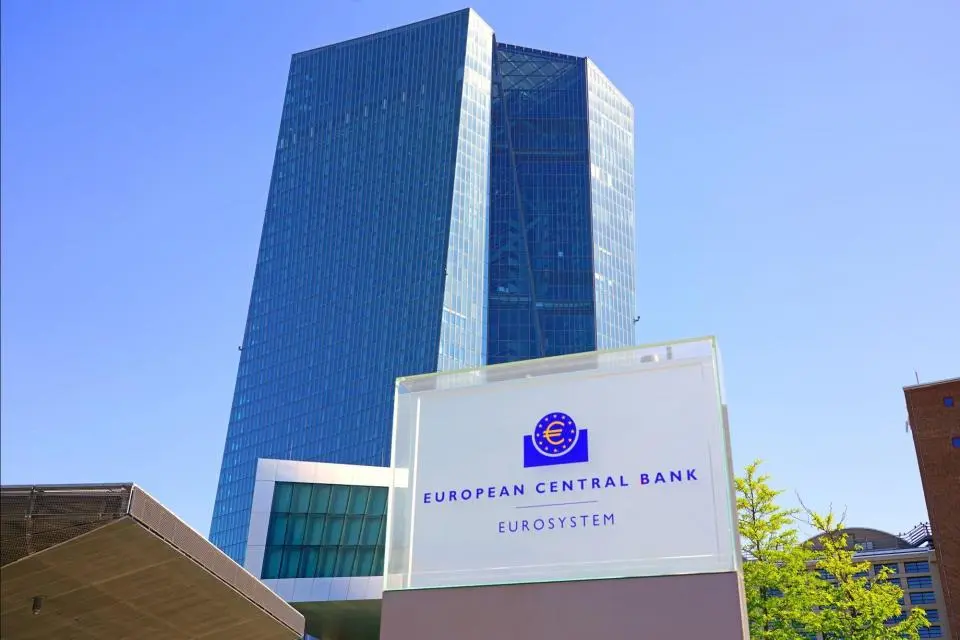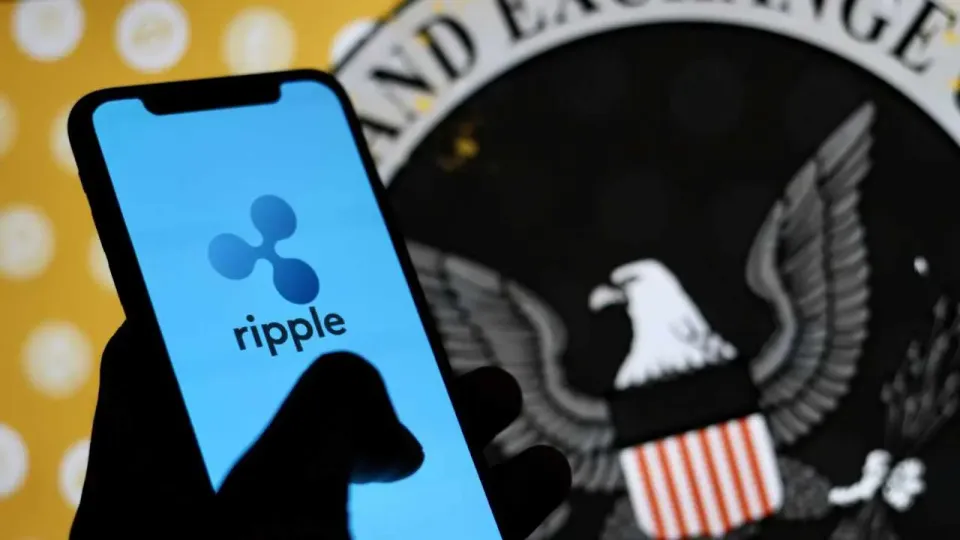Uniswap Attacked
Crypto Market Week in Review (15 of July 2022)
Markets
A New Hope (of a Recession)
This week's markets were just a mirror image of the previous week's performance. Stocks moderately declined and bonds rallied increasingly pricing in a recession. That said, the recession will lead to an end of monetary tightening and so, however counterintuitive it might sound, can actually bring relief to markets. The US Treasuries market has priced in that view by the curve inversion which has reached the highest level in more than 20 years.
Cryptocurrencies modestly decreased with a rally on Thursday trimming most of the losses since last Friday. Bitcoin shortly fell below $19 000 on Wednesday (in line with most other assets on the ugly inflation data) but rose to about $20 500 the next day. Altcoins generally outperformed, and Ethereum was almost on par with last Friday.
As stocks and bonds have become less correlated in the past few weeks, cryptocurrencies have also regained value as a diversification tool. Bitcoin correlation with technology stocks fell to the lowest level since early January based on the daily data.
Bitcoin correlation with technology stocks (NASDAQ 100)
Elsewhere in the crypto space, Celsius finally filed for bankruptcy in the US. “I am confident that when we look back at the history of Celsius, we will see this as a defining moment, where acting with resolve and confidence served the community and strengthened the future of the company,” Alex Mashinsky, co-founder and CEO of Celsius said in a statement.
The implied volatility of Bitcoin and Ethereum options as measured by DVOL indexes slightly rose as spot prices declined.
Bitcoin spot price and volatility index (DVOL)
Ethereum spot price and volatility index (DVOL)
Saudi Arabia is Slowly Becoming a Crypto Hub: Report Says
A survey found that as of May 2022, 3 million Saudi Arabians (or 14% of the adult population aged 18 to 60) were either current owners of cryptocurrencies or had traded in the previous six months.
Another 17% of those surveyed were classified as "crypto-curious" and were likely to invest in cryptocurrencies before the end of the year.
As the bearish market started in the second quarter of 2022, investor attitudes switched favorably toward more cautious cryptocurrency investing strategies. Thirty-one percent of cryptocurrency owners in Saudi Arabia stated they would not increase their balance. A few investors with lesser incomes reduced some of their holdings within the same period.
Another surprising fact is the number of new entrants. 76 percent of cryptocurrency investors have less than a year of experience in the industry, and 49 percent just started trading cryptocurrencies in the last six months,
The gender demography of the report shows that two-thirds of crypto investors are male, and 37% of all investors are under 30.
Although the Kingdom of Saudi Arabia has not yet made any official legislation regarding cryptocurrencies, the administration seems to have adopted a positive attitude toward digital assets and blockchain technology.
A digital currency named Aber was unveiled in 2019 by the Saudi Arabian Monetary Authority (SAMA) and the Central Bank of the United Arab Emirates (UAECB). It is backed by the respective fiat currencies of the two nations and will be used for cross-border payments between them.
Uniswap Users Attacked with Phishing Tools; Current Reported Losses at $4.7M
The Uniswap v3 protocol's liquidity providers (LPs) were victims of a sophisticated phishing campaign that saw attackers steal at least $4.7 million worth of Ether (ETH). However, according to the locals, the losses were underreported.
One of the first to sound the alarm about the attack was MetaMask security researcher Harry Denley. On Monday, he informed his 13,000 Twitter followers that 73,399 addresses had received fraudulent ERC-20 tokens intended to steal their assets.
The story was corroborated by Binance CEO, Changpeng "CZ" Zhao, who said the hack cost at least $4.7 million in ETH.
Denley claims that the "UniswapLP" "malicious token" used in the phishing assault is sent to unwary users in an attempt to trick them into thinking it is coming from the real "Uniswap V3: Positions NFT" contract by changing the "From" field in the blockchain transaction explorer.
Users who were interested in the new tokens would be directed to a website that claimed to let them redeem their new Uniswap (UNI) tokens, worth $5.34 each.
Instead of sending UNI though, the website would steal cryptocurrency from users' wallets by gaining the ability to redeem users’ Uniswap v3 LP tokens.
On Wednesday, Uniswap Labs published its thorough explanation of how the fraud operated on Twitter, highlighting that the incident was a phishing scam and not an exploit.
https://twitter.com/Uniswap/status/1546886731521212416US Trademark and Copyright Researches IP Impact of NFTs
The United States Patent and Trademark Office and U.S. Copyright Office are getting ready to start research into the effects of nonfungible tokens (NFTs) on intellectual property rights as they continue to spark interest.
The investigation of NFTs follows a request made in June by Senators Thom Tillis and Patrick Leahy for a thorough investigation of the potential effects the developing asset class might have on intellectual property rights.
There will be consideration of a wide variety of issues initially brought up by the senators from Vermont and North Carolina. This covers potential future IP issues with NFT applications, ownership rights when an NFT is transferred, licensing rights and infringements, and potential IP rights granted to NFT producers.
Companies that have recently experienced product or intellectual property infringement have already seen many conflicts due to the NFT market. Several well-known brands have filed lawsuits against NFT markets and platforms that may have violated related IP rights.
Global sportswear company Nike made waves in February when it filed legal action against online retailer StockX for violating its trademark by selling NFTs of sneakers that weren't authorized.
American rapper Lil Yachty is engaged in a legal conflict in California after accusing two record labels of trademark infringement. The 24-year-old asserted that the companies raised more than $6.5 million in venture financing to fund the introduction of several NFTs using his name.
Phase 2 of the Digital Euro Project Goes Live
According to François Villeroy de Galhau, governor of the Banque de France, the first phase of trials with a wholesale digital euro has been finished. Phase 2 experiments will start this year. It's anticipated that four or five more trials will be conducted.
The French central banker summarized the European Union's accomplishments in crypto-asset regulation during the French presidency, highlighting the Transfer Fund Regulation (Travel Rule) and Markets in Crypto-Assets (MiCA) in particular while speaking at the Paris Europlace International Finance Forum.
The scope and design of a digital euro central bank currency are being examined by the Eurosystem. According to Villeroy de Galhau, the key justification for a retail digital euro is to preserve the position of central bank money in the economy even though it is "threatened by the digital revolution." He argued in support of the design's maximal intermediation, pointing out that intermediaries have more experience with customer service and Know Your Customer/Anti-Money Laundering (KYC/AML) safeguards than central banks have. He said:
“I believe the Eurosystem should not manage digital euro holdings: the Banque de France closed its last private customer accounts over 20 years ago and did not intend to reopen any.”
To prepare for the 2023 adoption of the pilot regime, new experiments will test a prototype digital euro with private players and other central banks. Villeroy de Galhau emphasized the significance of DLT and conventional system interoperability.
US Treasury Study Predicts CBDC Will Hasten a More Effective Banking System
A central bank digital currency (CBDC) may increase the stability of a financial system, according to a report released on Tuesday by the US Treasury Office of Financial Research.
Researchers commonly believe that individuals may "take money out of banks and other financial institutions" during financial crises, which implies that a "CBDC could raise the possibility or severity of runs on financial organizations."
However, the study's authors argued that a well-designed CBDC might reduce that risk and provided two arguments for the significance of CBDCs in enhancing financial stability.
The authors first constructed a mathematical model in which banks changed their maturity. They took out loans for longer terms than they could afford to borrow to insulate themselves against the risk of liquidity. This could result in financial instability and cause a bank run.
However, the authors' model suggests that access to a CBDC "intuitively" lowers the cost of depositors "experiencing a liquidity shock," enabling banks to provide less risk protection. Therefore, a CBDC makes the financial system more stable."
The information effect was the foundation of the second defense.
“Decision-makers will be able to identify instances where money is being converted because of the nature of CBDCs, which will enable earlier problem detection and faster resolution.”
By permitting a speedier policy response to a crisis, "this information effect is another method via which CBDC may likely to promote rather than hurt financial stability."
The authors note suggestions made by other researchers to establish caps, penalties, or other restrictions because of the CBDC crisis. The authors criticize this approach by noting:
“Policies that limit CBDC's appeal or application run the risk of removing many of its potential benefits.”
*This communication is intended as strictly informational, and nothing herein constitutes an offer or a recommendation to buy, sell, or retain any specific product, security or investment, or to utilise or refrain from utilising any particular service. The use of the products and services referred to herein may be subject to certain limitations in specific jurisdictions. This communication does not constitute and shall under no circumstances be deemed to constitute investment advice. This communication is not intended to constitute a public offering of securities within the meaning of any applicable legislation.




